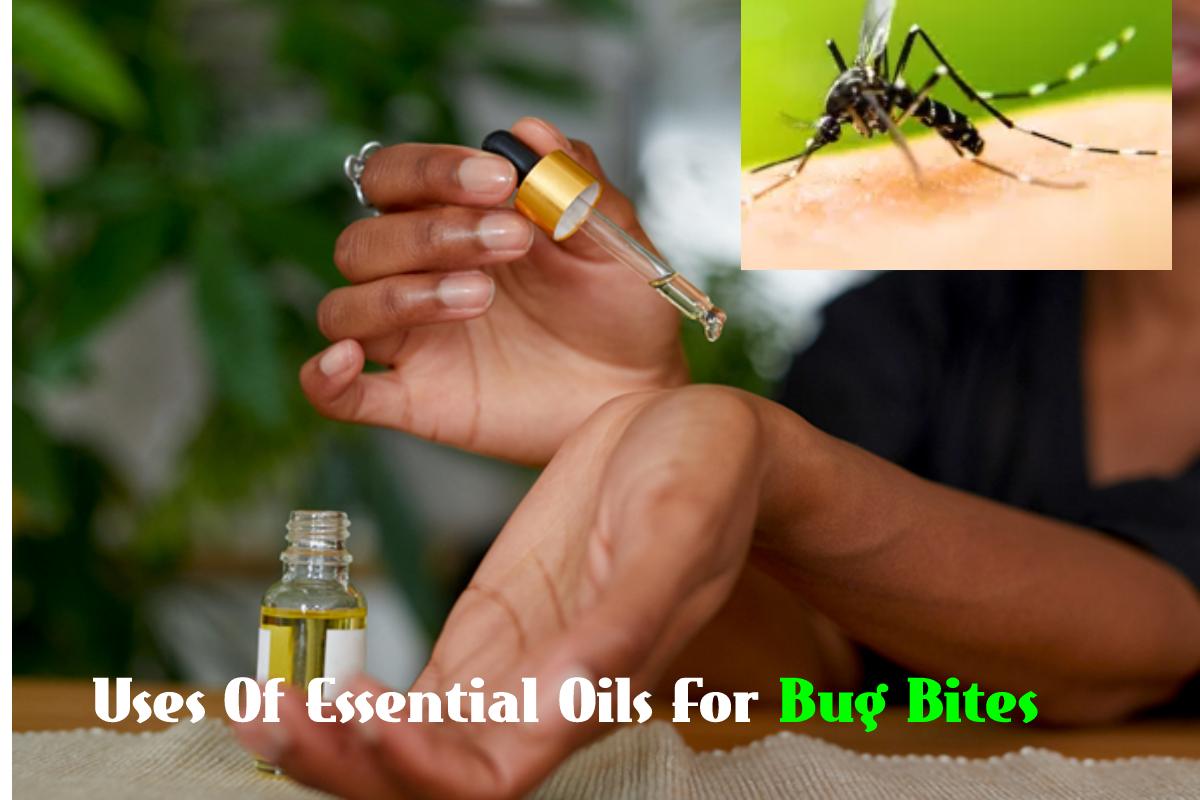Essential Oils For Bug Bites is a beneficial product. Bug Bites are very painful, and oils are very helpful in preventing them. In addition, coconut oil has antimicrobial and anti-inflammatory properties that help protect the skin and keep the skin supple. So Essential Oils For Bug Bites are beneficial.
When properly diluted, these oils can apply to protect the skin against unwanted insects and bites several times a day. Just avoid the eye area, constantly washing your hands after each application.
Table of Contents
How To Dilute Essential Oils
Many oils irritate when applied directly to the skin, so it is essential to always dilute them in a transporter oil such as argan, jojoba, grapeseed, coconut or rosehip seed.
These carrier oils are nutritious to the skin but do not contain the same potent properties as essential oils, making them safe to apply in large amounts. Therefore, it recommends mixing about 10% essential oil with 90% carrier oil.
Here are six types of Uses Of Essential Oils For Bug Bites
Lavender
Just as lavender oil can help calm the mind before bed, it can also be relaxing and rejuvenating for the skin. In addition, research shows its ability to minimize swelling and speed healing.
Tea Tree -Essential Oils For Bug Bites
Melaleuca essential oil is an excellent option against itching and swelling, as it is healing and bactericidal. Removed from the Melaleuca alternifolia trees of Australia, this oil can also be helpful during autumn and winter when colds and flu are other commons. In this case, place two to three drops of the essential oil in boiling water and breathe in the released vapours using a towel over your head.
Peppermint -Essential Oils For Bug Bites
Can use the freshness of peppermint for an excellent ointment against inflamed stings. In addition, its invigorating aroma can also help to act as a good stimulant, relieving mental exhaustion.
Chamomile
In addition to being an excellent soothing tea, chamomile also has anti-inflammatory effects on the skin.
Eucalyptus
Like peppermint, eucalyptus is also refreshing and has antimicrobial and anti-inflammatory properties, making it a popular choice for application to bug bites.
Basil (Ocimum spp.)
Basil oil is a mild anti-inflammatory that may relieve discomfort. In addition, the plant’s antimicrobial qualities keep illness at bay. It makes it ideal for treating many insect bites, including bee stings.
Basil has outstanding anti-inflammatory properties, according to 2013 research. Even though the study only used mice, the essential oil was proven to reduce the symptoms of arthritic inflammation effectively. In addition, many basil cultivars, including sweet basil, Thai basil, and holy basil, have anti-inflammatory qualities.
How Do Use Essential Oils For Bug Bites
Essential oils differ from perfumes and fragrance oils, which frequently combine with additional components. Essential oils perform a range of functions within the plant.
Oils in plants attract helpful bugs such as bees, which help the plant defend against deadly insects, protect it from infection and illness, and provide critical chemical messages about the plant.
Essential oil supporters say imperative oils may help humans just as much as plants. However, this emerging subject of alternative medicine research is still in its infancy.
Many studies, however, indicate that essential oils can augment conventional medical therapies or perhaps provide advantages that conventional treatments do not. For example, this involves treating insect bites.

